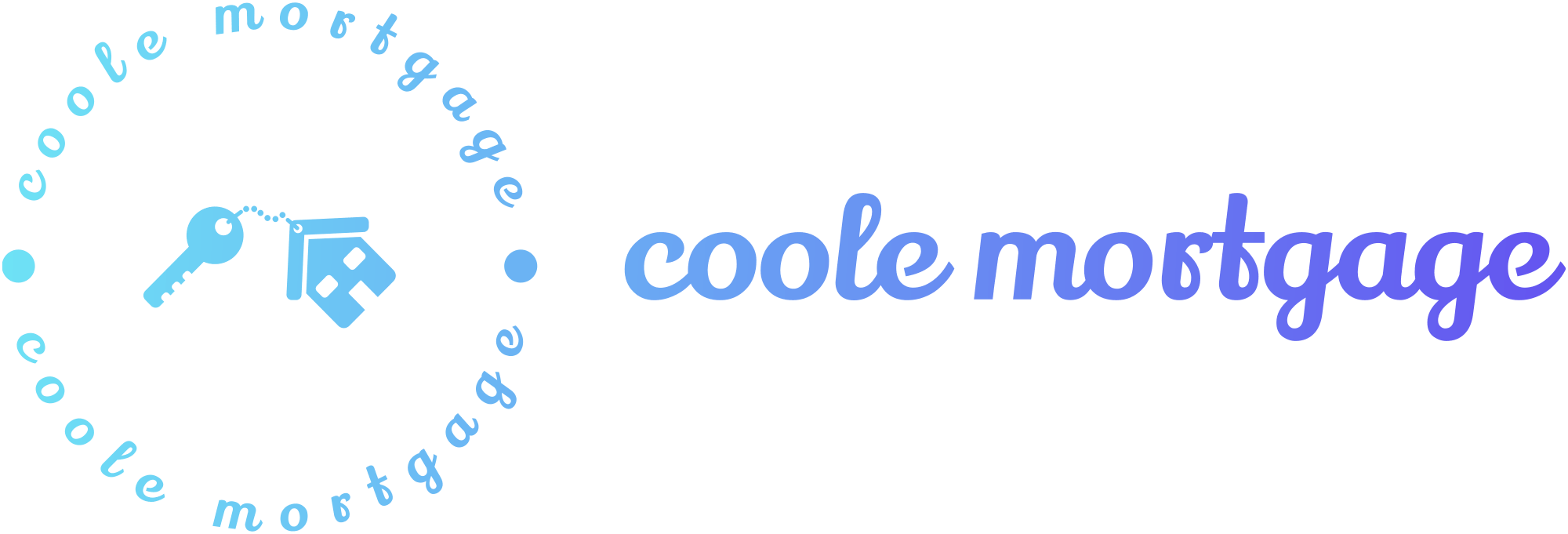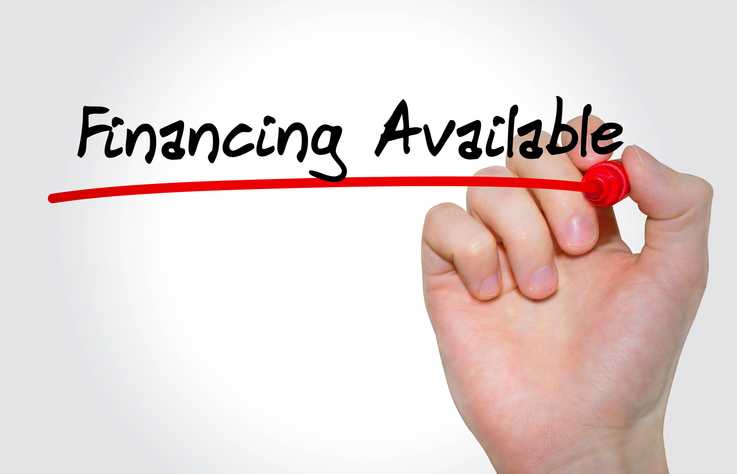Buying a home for the first time
Stepping into the world of homeownership for the first time is an incredible adventure, full of both excitement and big decisions. Think of it not just as buying a house, but as opening the door to a new chapter in your life, one brimming with dreams and endless possibilities. But remember, this journey is also a learning curve, requiring smart planning, a bit of financial savvy, and a good grasp of how real estate works. Don’t worry, though – we’re here to guide you every step of the way.
1st: understanding your budget
Let’s start this exciting journey with a peek at your finances – it’s less scary than it sounds, promise! Understanding what you can comfortably afford is the first big step in finding your dream home.
How Much House Can You Really Afford?
Think of your budget like a puzzle – it’s all about fitting the pieces together. We’ll help you figure out a mortgage payment that feels right, without stretching your wallet too thin. Remember, there’s more to consider than just the price tag of the house – you’ve got things like insurance, property taxes, and keeping your new place in tip-top shape.
Owning a home comes with a few extra costs, but don’t let that dampen your spirits. We’ll walk you through the extras like insurance, taxes, and maintenance, so you can plan for them without any surprises. Think of these as the finishing touches to your homeownership plan.
Taking the time now to understand your budget means you’ll be ready to jump when you find the perfect place. It’s all about being prepared, so when your dream home comes along, you’re more than ready to make it yours.
So, how do you find out what you can afford?
The Magic of Pre-Approval:
Before you start dreaming about backyard barbecues and cozy living rooms, let’s talk about getting pre-approved for a mortgage. It’s like having a VIP pass in your pocket when you go house hunting. It shows sellers you’re serious and gives you a clear idea of what you can afford and how much of a loan you can get.
You’ll need some paperwork – things like pay stubs, bank statements, and tax returns. It might sound like a lot, but it’s really just about painting a picture of your financial health. This step is super important, and we’re here to help you through it.
To start the pre-approval process, the first step is to find a mortgage lender. There’s a whole world of mortgage companies out there, each with its unique offerings. Whether you prefer the personal touch of a local bank, the convenience of an online lender, or the resources of a national bank, there’s a perfect fit for everyone. Don’t hesitate to reach out to a few lenders and ask questions. This is your journey, and feeling comfortable and confident with your lender is key.
Why Pre-Approval is a Game-Changer:
With a pre-approval in hand, you’re a step ahead in the home-buying game. Sellers and real estate agents will take you more seriously, and you’ll know exactly what you can afford, so you won’t waste time looking at homes that are out of reach. It’s about making your home-buying journey as smooth and straightforward as possible.
Monthly mortgage payment – What’s included?
Principal: The Core of Your Mortgage
The principal is the actual amount you borrowed to buy your home. In the beginning, only a small part of your payment goes toward reducing this principal, but as time passes, this amount grows. Grasping the concept of the principal is vital, as it influences the total interest you’ll pay over the duration of your loan.
Interest: The Cost of Borrowing
Interest is what you pay the lender for the privilege of borrowing the principal. It can be fixed, meaning it stays the same throughout your loan term, ensuring consistent monthly payments. Alternatively, an adjustable-rate mortgage (ARM) has an interest rate that may start lower but can vary over time, reflecting market trends. This variation affects your monthly payment amounts.
Property Taxes
Part of your monthly mortgage payment is often allocated for property taxes. Determined by your local government, these taxes are calculated based on the assessed value of your home and the prevailing tax rates in your area. This amount is usually folded into your monthly mortgage installments, and when the property taxes come due, your lender takes care of the payment.
Not every loan program mandates including property taxes in your mortgage payment. It’s crucial to confirm with your lender whether this is the case for your loan. If property taxes are not included, you’ll need to plan for them separately to avoid an unexpected tax bill, which could amount to a few thousand dollars.
Homeowners Insurance
This insurance is generally a must-have, safeguarding your home and belongings against damage or theft. The premiums for homeowners insurance are often folded into your mortgage payment, collected by your lender, and paid from an escrow account when the bill is due.
Mortgage Insurance
If you make a down payment that’s less than 20% of the home’s value, you will probably be required to have mortgage insurance. This insurance acts as a safeguard for the lender in the event you default on the loan. The cost of this insurance is typically included in your monthly mortgage payment.
HOA Dues
If your property is part of a Homeowners Association (HOA), the monthly HOA dues are not included in your mortgage payment. These fees will be an additional cost you need to budget for separately.
Loan Options for First-Time Home Buyers
As a first-time home buyer, you have a variety of mortgage options at your fingertips. It’s like having a menu of choices, each with its own benefits and considerations. Let’s dive into some of the most popular loan types to help you find the one that fits your needs like.
1. Conventional Loans: These are the most common types of mortgages. They’re not backed by the government, so they might have stricter credit and down payment requirements. But don’t let that scare you! If you’ve got a solid credit score and can make a down payment of at least 3% or more, conventional loans can offer great rates and flexibility.
2. FHA Loans: FHA loans, backed by the Federal Housing Administration, are a fantastic option if you’re just starting out and need a little more flexibility. They’re known for lower down payment requirements of 3.5% and more lenient credit standards. It’s like having a helping hand when you need it most.
3. VA Loans: If you’re a veteran or active military member, VA loans are a wonderful benefit. Backed by the Department of Veterans Affairs, these loans require no down payment and have favorable terms. It’s a well-deserved reward for your service.
4. USDA Loans: Ideal for those looking to live in rural areas, USDA loans are backed by the United States Department of Agriculture. They often require no down payment and offer lower interest rates, making them a great choice if country living is your dream.
5. First-Time Home Buyer Programs: Many states and local governments offer programs specifically for first-time buyers. These can include down payment assistance, tax credits, and educational resources. It’s like having an extra set of tools to help you get started.
Each loan type has its unique perks and considerations. It’s all about finding the right fit for your financial situation and homeownership goals. Don’t hesitate to consult with a mortgage loan officer who can guide you through the options.
money needed to buy a house
The amount of money needed to buy a house can vary widely depending on several factors including the price of the home, the type of mortgage you choose, your location, and other expenses related to the purchase.
Here are some key costs to consider:
- Earnest Money: This is a deposit made to the seller showing the buyer’s good faith in a transaction. Typically, earnest money is 1% to 3% of the purchase price and is held in an escrow account until closing. It’s then applied to the down payment or closing costs. If the deal falls through due to contingencies covered in the contract, the buyer can often get this deposit back. Visit our page about Earnest Money to learn more.
- Down Payment: This is typically the largest upfront cost. The standard down payment is 20% of the home’s purchase price, but many loans allow for lower down payments. For example, FHA loans can go as low as 3.5%, and VA and USDA loans might not require a down payment at all. Check out this page that has more information on government loans.
- Closing Costs: These are the fees and expenses you pay to finalize the mortgage. They generally range from 2% to 5% of the loan amount. Closing costs can include loan origination fees, appraisal fees, title searches, title insurance, surveys, taxes, deed-recording fees, and credit report charges. Visit our page : Understanding Closing Costs: What Every Homebuyer Needs to Know
- Home Inspection and Appraisal: A home inspection, which is crucial to ensure the property is in good condition, can cost a few hundred dollars. An appraisal, required by the lender to confirm the home’s value, also typically costs a few hundred dollars. Learn more: the Home Inspection Process
- Moving Expenses: The cost of moving can vary greatly depending on how far you’re moving and how much stuff you have.
- Homeowners Insurance and Property Taxes: You’ll need to have homeowners insurance before you close on the house. Property taxes will vary based on your location and the value of your home.
- Maintenance and Repairs: Owning a home means you’re responsible for all maintenance and repairs, so it’s wise to have savings for these expenses.
- Potential HOA Fees: If you’re buying a home in a community with a Homeowners Association (HOA), you’ll need to budget for these fees.
- Emergency Fund: It’s also recommended to have an emergency fund for unexpected repairs or financial changes.
Be sure to request a closing cost estimate from your mortgage loan officer. This will give you a clearer understanding of the expenses you can expect during the closing process.
Figuring Out Where to Buy Your House
Now that you’re pre-approved and know what you can afford, it’s time for one of the most exciting parts of the home-buying journey – picking where to live! This is more than just choosing a house; it’s about finding the right community that feels like home.
Reflect on Your Lifestyle Needs:
Start by thinking about what you need in a neighborhood. Do you crave the hustle and bustle of city life or the tranquility of the suburbs? Are you looking for top-notch schools, or is a short commute to work more important? Picture your daily life and what would make it easier and happier.
House or Condo?
One of the first decisions to consider is whether you want a house or a condo. Each has its own set of perks. A house typically offers more space and privacy, but, it also comes with more maintenance responsibilities. On the other hand, a condo might have less space, but it often comes with less upkeep and sometimes even amenities like a gym or pool. Think about your lifestyle and which option aligns better with your daily routine and long-term goals.
Research, Research, Research:
It’s time to become a detective in your own life story. Dive into research about potential areas. Look at things like crime rates, school ratings, local amenities, and public transportation options. Online forums like NextDoor and community groups can also offer valuable insights from current residents. A realtor can also be really helpful as they already know which neighborhoods are the best ones.
Visit and Get a Feel For the Neighborhood:
There’s nothing like getting a feel for a place in person. Spend some time walking around potential neighborhoods. Visit local shops, parks, and restaurants. Chat with locals if you can. This firsthand experience can be incredibly revealing and often makes your decision much clearer.
Consider Future Value:
Think about the future potential of the area. Is it up-and-coming? Are there plans for development or improvements? An area with growth potential can be a great investment for your future.
It’s about finding the sweet spot between what you want and what you can realistically afford. Remember, no place will tick every single box, but finding a location that hits most of your major wants and needs is a big win.
house hunting Process
House hunting is where your dream starts taking shape. It’s an exciting phase, full of possibilities. But to navigate it well, you’ll need some savvy strategies up your sleeve.
1. Teaming Up with the Right Real Estate Agent: Finding a great real estate agent is like having a trusty guide by your side. They’re your ally in this journey, armed with local knowledge, negotiation skills, and insights into the market. Look for someone who understands your needs, communicates well, and has a track record of helping first-time buyers. Read this article and how a real estate agent can help you.
2. Creating Your Home Wishlist: Before diving in, make a list of what you want in a home. Separate your ‘must-haves’ from your ‘nice-to-haves’. Must-haves are your non-negotiables – like the number of bedrooms or proximity to work. Nice-to-haves are your wish list items – like a big backyard or a gourmet kitchen. This will help you stay focused on what’s truly important.
3. Exploring Multiple Properties: Remember, the first house you see might not be the one. Be prepared to visit multiple properties. This not only gives you a better feel for what’s available but also helps you refine your preferences. Each home you visit is an opportunity to learn more about what you really want and need.
4. Keeping an Open Mind: Sometimes, a property might not tick all your boxes but still feels right. Or you might find that your priorities shift as you see more homes. Stay open to possibilities and be ready to adapt your wishlist as you go along.
5. Patience is Key: House hunting can be a marathon, not a sprint. If you don’t find the perfect place right away, don’t get discouraged. Your dream home is out there, and finding it is worth the wait.
Enjoying the Journey: While house hunting can have its ups and downs, try to enjoy the process. This is a unique time in your life, filled with anticipation and hope. Embrace the adventure, and before you know it, you’ll be stepping through the front door of a home that’s just right for you.
Making an Offer on a house and Negotiating
So, you’ve found a place that feels just right – exciting times! Now it’s time to make an offer. This step can feel a bit like a high-stakes game, but with the right approach, it can be more straightforward than you think.
Your real estate agent will be invaluable here, helping you decide on a fair yet competitive offer based on market analysis and the home’s condition.
Understanding the Art of Negotiation:
Negotiation is a normal part of the home-buying process. It’s not just about the price; you can negotiate terms, closing costs, and even repairs. The key is to stay flexible and keep your eyes on the prize – getting those keys in your hand.
Contingencies: Your Safety Nets:
When you make an offer, you’ll likely include contingencies – conditions that must be met for the deal to go through. Common contingencies include home inspections, appraisals, and securing a mortgage. These are your safety nets, ensuring that you’re protected if something doesn’t go as planned.
Sealing the Deal:
Once your offer is accepted, it’s a bit like crossing the finish line in a marathon. But remember, there are still a few steps to go through before the house is officially yours. Stay in close touch with your real estate agent and mortgage lender to ensure everything goes smoothly until closing day.
Navigating Counteroffers and Bumps Along the Way:
Don’t be surprised if there are counteroffers and back-and-forth negotiations. It’s all part of the process. Keep your cool, rely on your agent’s expertise, and don’t be afraid to walk away if the deal doesn’t feel right. After all, this is about finding your dream home, not just any home.
Make sure to send the accepted offer to your mortgage lender. The lender will order the appraisal and get the file submitted for the mortgage underwriting process.
Make sure to get a home inspection
Think of a home inspection as your home’s health check-up before you commit. It’s an essential step that can uncover any hidden issues with the property. A thorough inspection can reveal problems with the structure, plumbing, electrical systems, and more. This isn’t just about peace of mind; it’s about protecting your investment.
Be sure to hire a qualified inspector and, if possible, accompany them during the inspection. This is your chance to learn as much as you can about your future home.
Understanding the Home Buying Timeline
The process of buying a house can vary significantly in length depending on several factors, including your personal circumstances, the housing market, and the type of property you’re purchasing.
Here’s a general breakdown of the timeline:
- Pre-Approval for a Mortgage: This can take a few days to a few weeks. It depends on how quickly you gather and submit your financial documents and the lender’s processing time.
- House Hunting: This stage can be the most variable. Some buyers find a home in a few weeks, while others might take several months or even longer. It depends on your specific needs, the availability of homes in your desired area, and market conditions.
- Making an Offer and Negotiations: Once you find a home and make an offer, the negotiation process can take anywhere from a few days. This includes the time for any back-and-forth negotiation regarding the price and terms of the sale.
- Mortgage Application and Underwriting: After your offer is accepted, finalizing your mortgage can take around 30 to 45 days. This period includes the mortgage underwriting process, where the lender verifies your financial information and appraises the property.
- Closing: The closing process, which involves signing all the necessary paperwork and completing the legal transfer of the home, typically takes a few hours but can be scheduled a few days after the mortgage is finalized.
In total, the entire process from starting your mortgage application to closing on a home typically takes about 2 to 6 months. However, it’s important to note that these timeframes can vary greatly based on individual circumstances and market conditions. Some steps can be expedited with good preparation and a responsive real estate team, while others, like house hunting, might take longer depending on your specific requirements and the state of the market.
fAQ’s: first time buying a house
We understand that buying your first home comes with a myriad of questions and uncertainties. To help you navigate this exciting journey with confidence, we’ve compiled a list of Frequently Asked Questions (FAQs). This section aims to address common queries and concerns that first-time home buyers often face.






